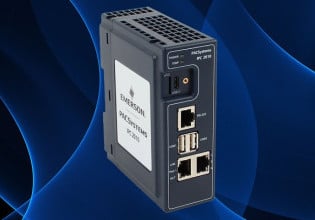M
Okay, Modbus sounds perfect for my M2M application, communicating between master and numerous slave microcontrollers over an RS485 multi-drop link.
What if one of my slave controllers fail in service? Do I have to do a site visit to configure the replacement slave device with an address?
I hear some Modbus slave devices adopt a default address at commissioning, and are able to have their addresses configured by the master upon their discovery. Where can I find out how to do that?
M.
What if one of my slave controllers fail in service? Do I have to do a site visit to configure the replacement slave device with an address?
I hear some Modbus slave devices adopt a default address at commissioning, and are able to have their addresses configured by the master upon their discovery. Where can I find out how to do that?
M.






